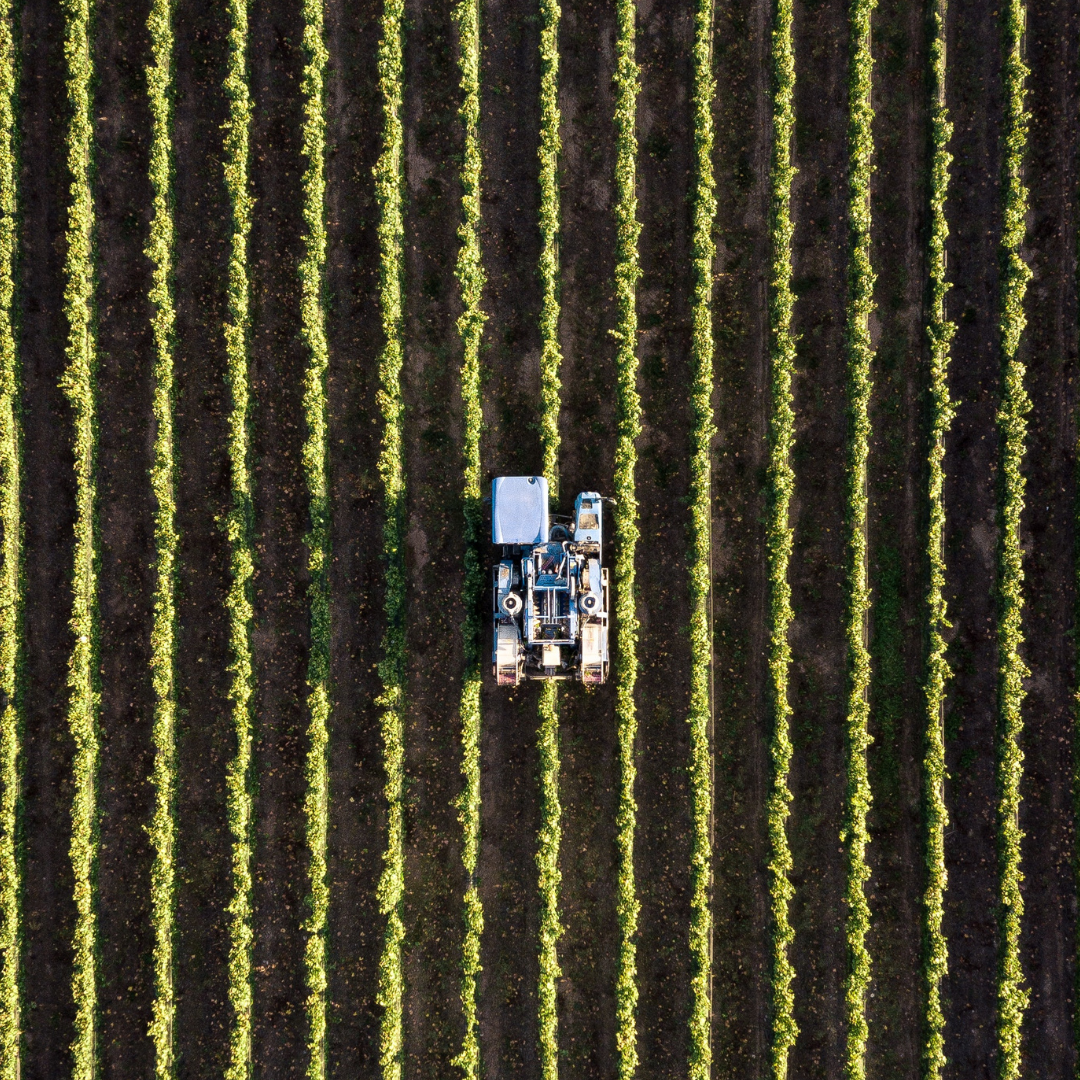TORONTO, July 12, 2022 – Pollution Probe is pleased to announce the release of its new report, Mapping Phosphorus Flows in the Ontario Economy: Exploring Nutrient Recovery and Reuse Opportunities in a Provincial Context, produced in collaboration with academic experts and their teams from Université Laval McGill University, and the University of Waterloo’s Water Institute. Undertaken with financial support from Environment and Climate Change Canada, the report provides an overview of how phosphorus is used in Ontario and its movement throughout the provincial economy. Better understanding phosphorus flows is critical for informing further discussions about the important role nutrient recovery and reuse can play in effectively managing phosphorus and contributing to a circular economy.
“Exploring options for nutrient recovery and reuse is unquestionably important given the finite nature of phosphorus reserves, its role in ensuring food security and its impacts on the environment,” says Christopher Hilkene, Chief Executive Officer at Pollution Probe. “In addition to outlining the flow of phosphorus through Ontario’s economy, this report highlights practical examples of the feasibility of nutrient recovery and reuse solutions, and points to opportunities for policy frameworks to play a role in technology adoption in support of the circular economy and economic growth, the management of recovered resources, and protection of the environment.”
The report benefited from the experience and guidance of a previously established Nutrient Recovery and Reuse Working Group in Ontario, comprised of a number of Canada’s foremost experts on nutrient recovery and reuse, primarily representing government. Input from Working Group members enhanced the value and relevance of the findings from this study.
“We are appreciative of the efforts of Pollution Probe and report collaborators to increase understanding about phosphorus, a key nutrient for recovery and reuse” says the Nutrient Recovery and Reuse Working Group. “We look forward to further developments as they continue the important work needed to build knowledge and support nutrient management across the country.”
The report is a first step in the development of a Canadian Nutrient Recovery and Reuse platform, supported by regional hubs across the country that will act as local communities of practice. The platform will contribute to growing and strengthening a nutrient recovery and reuse economy that is reflective of the unique Canadian environmental, economic and social challenges associated with nutrient management.
About Pollution Probe
Pollution Probe is Canada’s longest-standing environmental organization, pursuing environmental gains by working productively with governments, industry, and the public, with a steadfast commitment to Clean Air, Clean Water, and a Healthy Planet. Pollution Probe engages people as thinkers to nurture and act on areas of consensus.
For more information, please contact:
Melissa DeYoung
Director, Policy & Programs
Pollution Probe
mdeyoung@pollutionprobe.org
This project was undertaken with the financial support of the Government of Canada through the federal department of Environment and Climate Change Canada.


